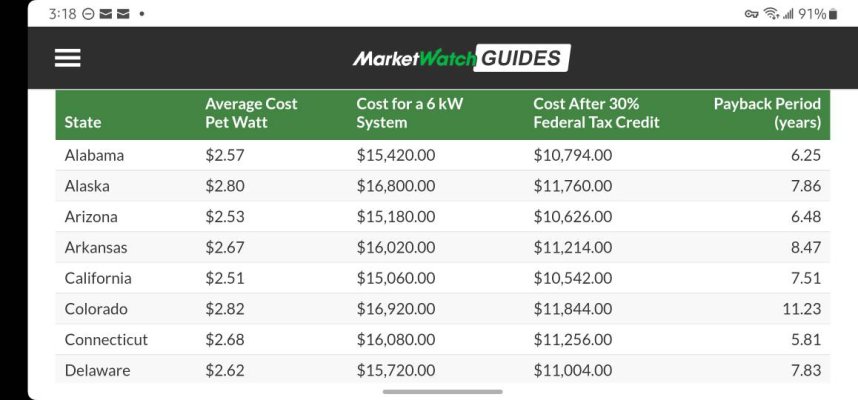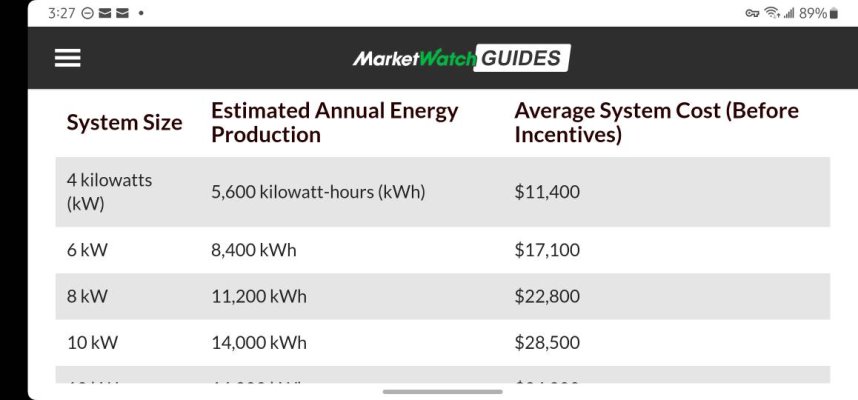Back to the original topic. I'm disappointed that you, an intelligent individual co-opted bad weather into an alarmist climate discussion.
Re-read Chapter 11 of IPCC-AR6. Have your insurer read it too.
There is low confidence in past changes of maximum wind speeds and other measures of dynamical intensity of extratropical cyclones. Future wind speed changes are expected to be small, although poleward shifts in the storm tracks could lead to substantial changes in extreme wind speeds in some regions (medium confidence). There is low confidence in past trends in characteristics of severe convective storms, such as hail and severe winds, beyond an increase in precipitation rates. The frequency of spring severe convective storms is projected to increase in the USA, leading to a*lengthening of the severe convective storm season (medium confidence); evidence in other regions is limited. {11.7.2, 11.7.3}.
In the overview of assessed events, the ENA region show a mixed signal of extreme heat and extreme cold with low confidence of both observed trends and attribution. Precipitation does show an increase, with a high confidence level of observation but a low attribution.
Even the projected changes in the frequency of extreme temperature and precipitation models doesn't increase much for North America unless the warming exceeds 2C.
Generally speaking, North America is poised to benefit from a warmer climate. It's the equatorial regions that are likely to suffer. It will be a disruptive change for Northern Canada however, as greenhouse warming itself, is felt most strongly at night near the poles.
Weather shouldn't be politicized. The CBC has essentially linked every Canadian recent weather event to climate change, and has completely ignored the El Nino Southern Oscillation. We are just coming off of a triple dip La Nina which has greatly affected our weather, and it would appear that a
strong El Nino is developing currently which will definitely affect the hurricane season and the South East's winter (orange juice futures anyone?).
ENSO is neither a cause nor effect of climate change. However, there is a
66% likelihood that the annual average near-surface global temperature between 2023 and 2027 will temporarily be more than 1.5°C above pre-industrial levels for at least one year because of it. I doubt it will get the headlines and/or credit it deserves from the media.
I'm a bit concerned as my wife will be going to Ecuador this fall. Not a great place to be during a strong El Nino.


